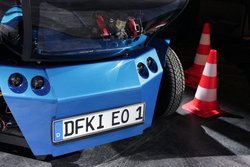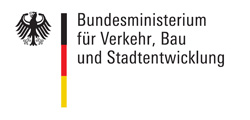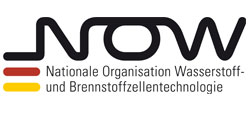New Mobility in Rural Regions
Applied Electric Mobility – Technology Concepts – Mobility effects

Modern society and economic prosperity are characterized by mobility and traffic. For the rural areas in and around Bremen/Oldenburg both have always been of utmost importance, even more so since mobility plays a crucial role in economic growth and employment. The aim of the project is furthering electric mobility in the region Bremen/Oldenburg, focusing on three main issues: 1. Applied electric mobility 2. Technological concepts 3. Mobility effects
Project details
The common objective of these issues is to broaden the experience with electric vehicles and to contribute to a continuous advancement of electric mobility in the region and beyond. The points at issue are:
- Increasing public consciousness about issues and problems of “electric mobility”
- Demonstration and testing of vehicles and services based on varying mobility requirements
- Contribution to national positioning by international standards
- Involvement of all actors along the entire value chain
- Contribution to acceptance and continuous advancement of electric mobility in Germany
- Immediate realization of the technical “status quo” as part of “everyday scenarios“
Applied Electric Mobility:
Extension of electric mobility fleet tests and the demonstration of electric vehicles using different vehicles and vehicles types, directed to private and commercial use of electric vehicles, resp.
Fleet tests and their evaluation are fundamental to the investigation and optimization of electric mobility. In addition to the technology currently available on the market, the integration of new technologies in everyday life and the actual economic and ecological benefits are assessed. The results are of vital importance for the generation of new technology concepts and their future orientation.
A fundamental and indispensable prerequisite for the success of this project is intensive public relations and information exchange between all actors and initiatives that are directly or indirectly participating.
Technological concepts:
Advancement and definition of new technological approaches in connection with experience and reactions in the course of activities in the field of electric mobility, including ICT issues as well as conceptual vehicle development and charging technologies.
Mobility effects:
The evaluation and assessment of the factual and possible effects of electric mobility with regard to ecology, economics, sociology, and transport policy, resorting to data and experience from ongoing fleet tests and data stored so far, resp.


